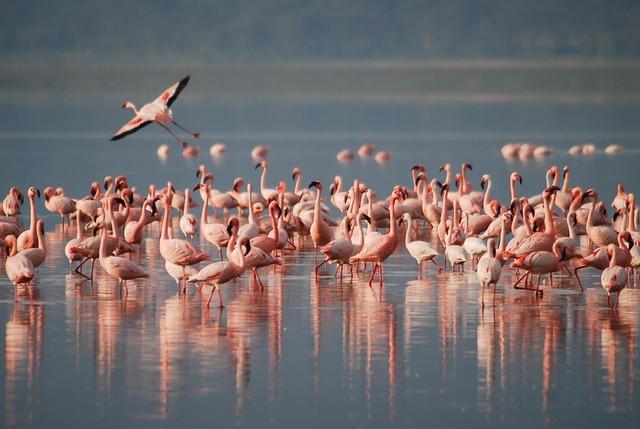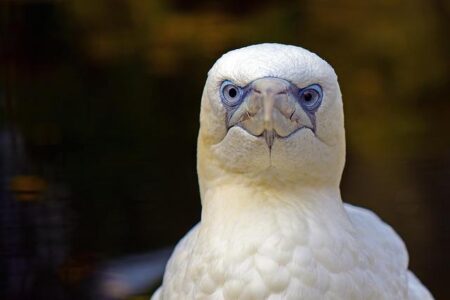As the global travel landscape continues to evolve in the wake of unprecedented challenges, luxury safari experiences in Africa are emerging as a beacon of opportunity for discerning travelers. With their rich biodiversity,stunning landscapes,and unique cultural offerings,South Africa,Kenya,and Tanzania are positioning themselves as the crown jewels of the spring 2025 travel market. This article examines the factors driving the increasing demand for luxury safari adventures in these iconic destinations.From high-end accommodations and bespoke experiences to enduring tourism initiatives, we will explore how these countries are leveraging their natural wonders to captivate the elite traveler and possibly redefine the global luxury tourism sector. As we delve into the intricacies of this budding market, we will also consider the broader implications for regional economies, conservation efforts, and the tourism industry as a whole, raising the question: will South Africa, Kenya, and Tanzania indeed dominate the luxury safari scene in the upcoming travel season?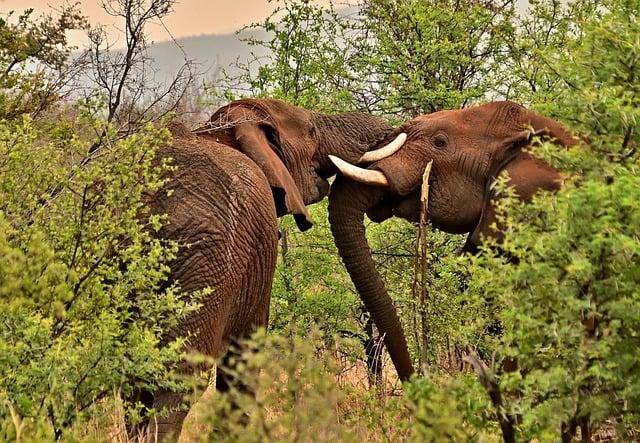
Impacts of Sustainable Tourism on Luxury Safaris in South Africa, Kenya, and Tanzania
The shift towards sustainable tourism is rapidly transforming the landscape of luxury safaris in South Africa, kenya, and tanzania, making them not only appealing options for affluent travelers but also essential for conservation efforts. By prioritizing environmental preservation,these regions are aligning themselves with the growing demand for responsible travel experiences. Luxury safari operators are increasingly focusing on practices that help with wildlife conservation and community support, ensuring that tourists contribute positively to the destinations they visit. This has resulted in new models of safari experiences that blend high-end amenities with ethical considerations, offering travelers a chance to indulge in luxury while making a lasting impact.
Moreover, the integration of local communities into the luxury tourism framework is driving innovation and enhancing guest experiences. Tourists now have the opportunity to engage with local cultures through authentic interactions, which enrich their safari adventures. Key impacts of this shift include:
- job creation for local populations through safari lodges and eco-tourism initiatives
- Investment in community-based projects that promote education and health
- Conservation efforts backed by profits generated from luxury tourism
This dynamic approach not only reinforces the regions’ position as premier safari destinations but also fosters a deeper connection between travelers and the natural habitat, further enhancing the appeal of South Africa, Kenya, and Tanzania in the upcoming travel market.

Emerging Trends in Luxury Travel: What Safari Experiences Will Attract Travelers in 2025
as the luxury travel market evolves, safari experiences are expected to embrace a new era of opulence and personalization. In 2025,travelers will be drawn to immersive adventures that not only showcase the stunning wildlife of South Africa,Kenya,and Tanzania but also emphasize sustainability and cultural engagement. Expect to see offerings that include private guided tours, exclusive access to off-the-beaten-path game reserves, and tailored itineraries that reflect the individual preferences of guests.
an increasing number of luxury lodges are beginning to incorporate wellness elements, such as spa treatments infused with local ingredients and mindfulness retreats set against the backdrop of breathtaking landscapes.Significant technological advancements will also play a role; as a notable example, augmented reality features may allow guests to learn about wildlife behaviors, while virtual guides can enhance the safari experience without disturbing the natural environment. The integration of local artisans into the travel experience further supports community engagement, as travelers seek to forge genuine connections with the culture surrounding their adventures.

Cultural Heritage and Wildlife Conservation: A Dual Focus for Luxury Safari Destinations
The growing trend in luxury safari destinations is not just about indulgence but also a commitment to preserving the rich tapestry of cultural heritage and wildlife. These experiences are becoming dual-pronged, focusing equally on sustainable practices that protect Africa’s remarkable biodiversity while showcasing the diverse cultures of local communities. Luxury lodges in South Africa, Kenya, and Tanzania have begun to incorporate local traditions into their offerings, allowing travelers to immerse themselves in the culture through authentic encounters. Guests can participate in cultural workshops,guided by skilled artisans,where they learn to craft traditional beadwork or cook local dishes—adding depth to their travel experience.
Moreover, the emphasis on wildlife conservation is paramount, with many luxury safari operators leveraging their resources to support local conservation efforts. These companies actively participate in or fund initiatives aimed at protecting endangered species and preserving their habitats.Travelers are encouraged to engage in eco-friendly practices,such as participating in carbon offset programs,or visiting conservation projects as part of their safari experience.This dual focus not only contributes to sustainable tourism but also ensures that visitors leave with a greater understanding of the challenges faced by local communities and the wildlife they cherish. Here are some key aspects of this initiative:
| Aspect | Details |
|---|---|
| Wildlife Protection | Partnerships with conservation NGOs to support anti-poaching efforts. |
| Cultural Experiences | Workshops led by local artisans enhancing cultural gratitude. |
| Client education | Information sessions on conservation challenges and solutions. |
| Community Engagement | Collaborative programs that reinvest tourism revenue into local communities. |

Marketing Strategies: How South Africa, Kenya, and Tanzania Can Position Themselves as Top Choices
To secure their positions as premier safari destinations, South Africa, kenya, and Tanzania must leverage unique marketing strategies that highlight their distinct advantages. Each contry possesses an array of remarkable national parks and reserves, all rich in biodiversity, and the marketing should focus on promoting specific attractions that set them apart. For instance, South Africa can showcase its luxury lodges and gourmet cuisine paired with exclusive wildlife encounters in Kruger National Park. Kenya can capitalize on the Great Migration with immersive safari packages that offer authentic cultural experiences, while Tanzania should emphasize the pristine beauty of Serengeti and the luxurious appeal of ngorongoro Crater. Social media campaigns and collaborations with influencers can amplify their narratives, drawing the attention of affluent travelers seeking unparalleled adventures.
Moreover, adopting an integrated marketing approach that encompasses digital, print, and experiential strategies will craft a cohesive brand narrative. Organizing exclusive events and familiarization trips for travel agents and media personalities can create buzz around luxury safari experiences. Promotional partnerships with high-end travel agencies and luxury brands can further enhance visibility, while tailored packages that combine safari experiences with exclusive amenities—such as private charters and bespoke itineraries—will cater to the burgeoning demand for personalized travel.With the right positioning and messaging, South Africa, Kenya, and Tanzania can collectively establish themselves as the go-to destinations for luxury safari enthusiasts in Spring 2025.
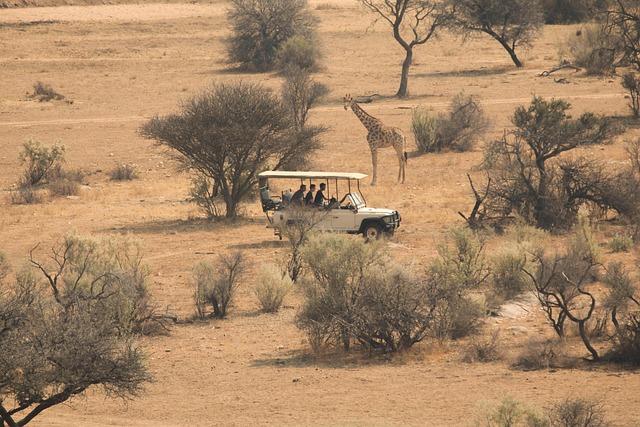
Expert Recommendations for Crafting Unforgettable luxury Safari Itineraries
To design remarkable itineraries for luxury safaris, consider focusing on personalized experiences that resonate with each traveler’s interests and aspirations. Here are some expert recommendations to create unforgettable journeys:
- Tailored Adventures: Collaborate with local guides to craft bespoke wildlife encounters, ensuring visitors experience the rich biodiversity unique to South Africa, kenya, and Tanzania.
- Exclusive Accommodations: Prioritize stays in luxurious lodges or tented camps that offer exquisite amenities and unparalleled views of the savannah.
- Culinary Delights: Incorporate gourmet dining options featuring locally-sourced ingredients, as well as intimate bush dinners for a truly immersive experience.
- Private Transport: Arrange for private charters or luxury vehicles to enhance comfort and convenience during game drives and inter-country travel.
Additionally, leverage the unique cultural heritage of these regions to enrich the safari experience. Consider including:
| Activity | Location | Experience Level |
|---|---|---|
| Maasai Village Visit | Kenya | All levels |
| Cultural Dance Performance | Tanzania | All levels |
| Winelands Tour | South Africa | All levels |
By integrating these elements,travelers can enjoy a holistic safari experience that not only celebrates the majestic wildlife but also immerses them in the rich cultural tapestry of the African landscape.
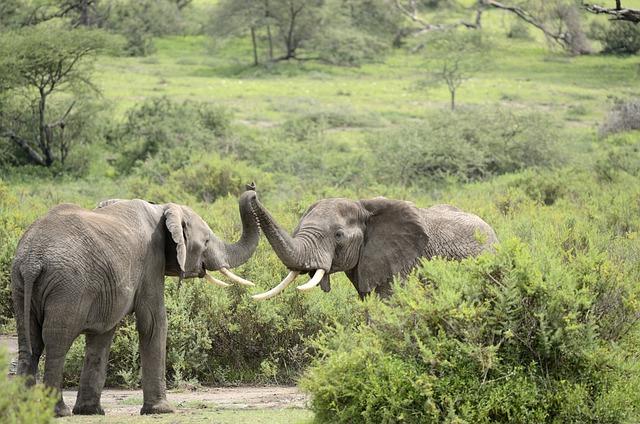
Challenges and Opportunities in the Competitive Landscape of Luxury Safari Travel
the luxury safari travel market is witnessing a dynamic shift as it adapts to changing consumer preferences, technological advancements, and an ever-competitive landscape. Key challenges include the need for sustainable tourism practices, which are now a priority for discerning travelers who seek authentic experiences without compromising the environment. Additionally, with increased global awareness of wildlife preservation, operators in South Africa, Kenya, and Tanzania must ensure that their offerings align with responsible tourism initiatives. This requires not only enhancing guest experiences but also fostering strong partnerships with conservation organizations to create lasting positive impacts.
On the flip side, opportunities abound for savvy operators willing to innovate. The rise of digital marketing and online booking platforms enables luxury safari experiences to reach a broader audience, tapping into new markets and emerging affluent demographics. Furthermore, the demand for personalized travel experiences is surging. To capitalize on this trend, luxury safari operators can focus on offering customized itineraries, exclusive access to remote locations, and high-end accommodations that enhance traveler engagement. The following strategies will be critical to standing out in this competitive field:
- Leveraging technology to enhance guest experiences through virtual reality previews and seamless booking systems.
- Creating unique experiential packages that highlight local culture, cuisine, and philanthropy.
- Building strong community ties that enrich the safari experience and support local economies.
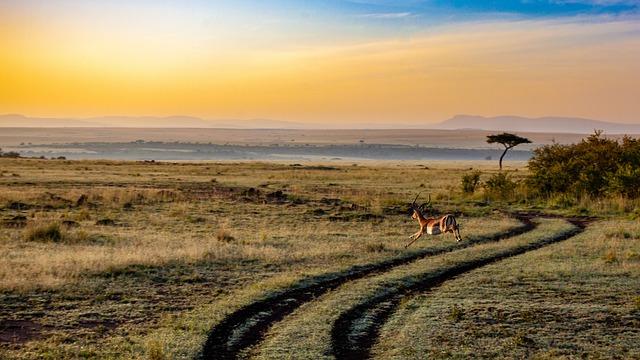
Insights and Conclusions
as we approach Spring 2025,the potential for South Africa,Kenya,and Tanzania to dominate the travel market with luxury safari experiences appears increasingly promising. These countries boast not only some of the most iconic landscapes and wildlife on the planet but also a commitment to sustainable tourism that resonates with today’s discerning travelers. With ongoing investments in infrastructure, unique offerings, and a keen focus on enhancing visitor experiences, South Africa, Kenya, and Tanzania are poised to set new standards in luxury travel. As global interest in immersive and sustainable travel continues to grow, these African nations are well-positioned to capture the inventiveness and wallets of travelers seeking unforgettable safari adventures. As stakeholders in the travel industry prepare for the upcoming season,the eyes of the world will undoubtedly be watching how this dynamic trio leverages its natural assets and cultural heritage to attract a new generation of luxury adventurers. Whether it’s the allure of the “Big Five,” the rich tapestry of local cultures,or the breathtaking landscapes,the spring of 2025 may very well mark a new era in luxury safari tourism in Southern and east Africa.

